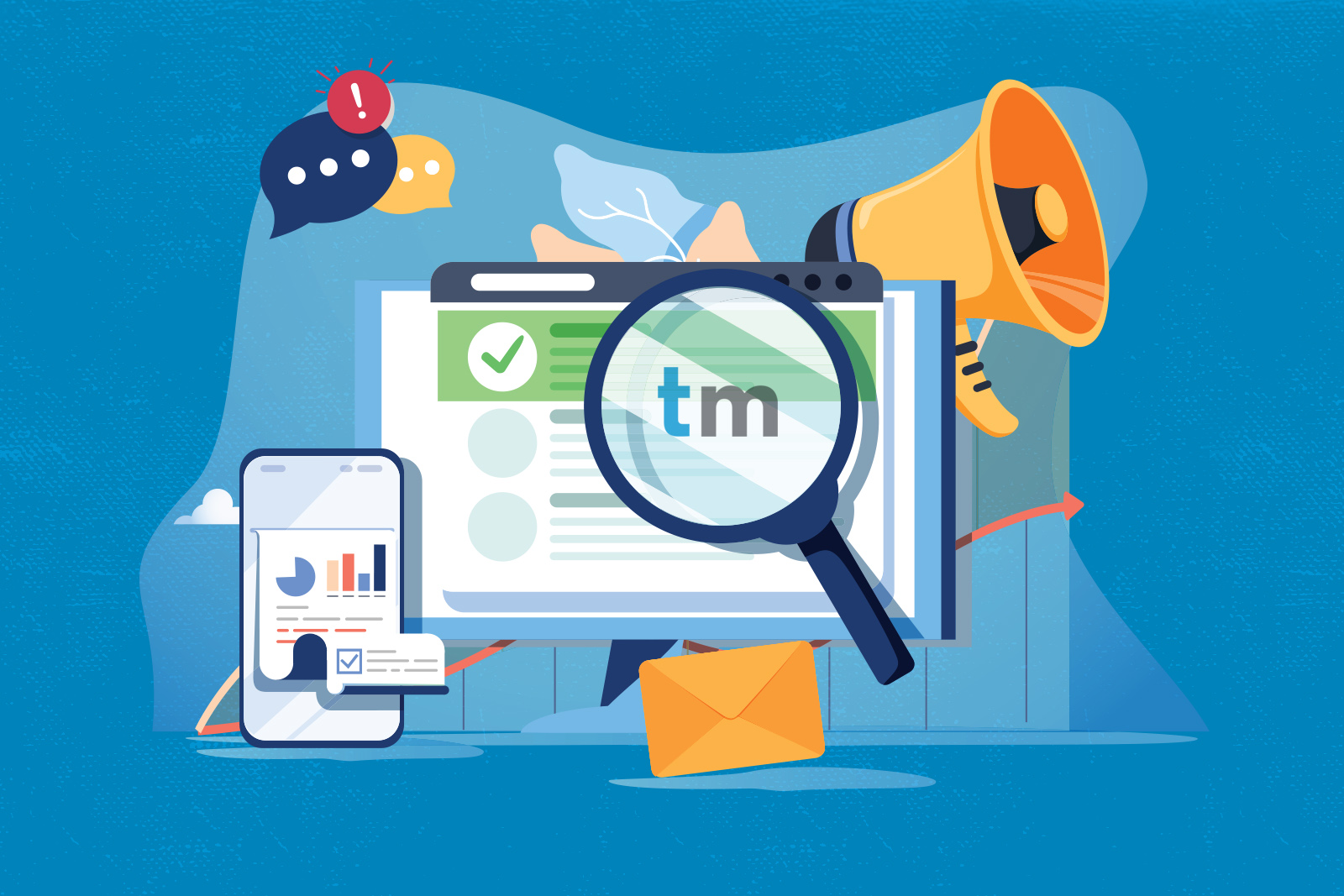Search engine marketing, often referred to by its acronym SEM, is a way for businesses to appear higher in search engine results.
While search engine optimization (SEO) is an organic digital marketing strategy (meaning it creates traffic to your business over time rather than using paid methods), SEM is a “pay-per-click” (PPC) method of advertising in search engines. PPC means that a business will pay anytime a consumer clicks on their search engine listing.
SEM involves identifying keyword phrases and trends in a target market and utilizing those keywords to show your advertisements on search engine results pages via Google Ads, Bing Ads, etc. It’s important to understand your audience and use pertinent keywords so that the most relevant consumers are seeing the ads.
For example, an Italian restaurant located downtown in a metropolitan area may utilize keywords and phrases such as “Italian restaurant near me,” “restaurants in the city,” “good Italian food,” and dozens of other combinations of similar words within a 10-mile radius of the city so that their name shows up towards the top of the page when relevant consumers search for those terms. A chamber of commerce might choose keywords such as “businesses in my city,” “small businesses near me” or “local business directory” whereas a visitors bureau could target its audience with “things to do near me” and “nearby attractions.”
The purpose of using a tactic like SEM is to increase visibility, generate web traffic and drive campaign results. Whereas SEO typically is a long-term tactic and strategy, SEM tends to deliver results in a shorter period of time. Considering the digital world that we live in, where millions of consumers shop online every day, SEM is an important part to a successful digital marketing campaign, especially when combined with SEO.
Want to learn more about SEM and plan an SEM strategy for your business? Reach out to our TMCC experts at newbusiness@todaymediacustom.com.




